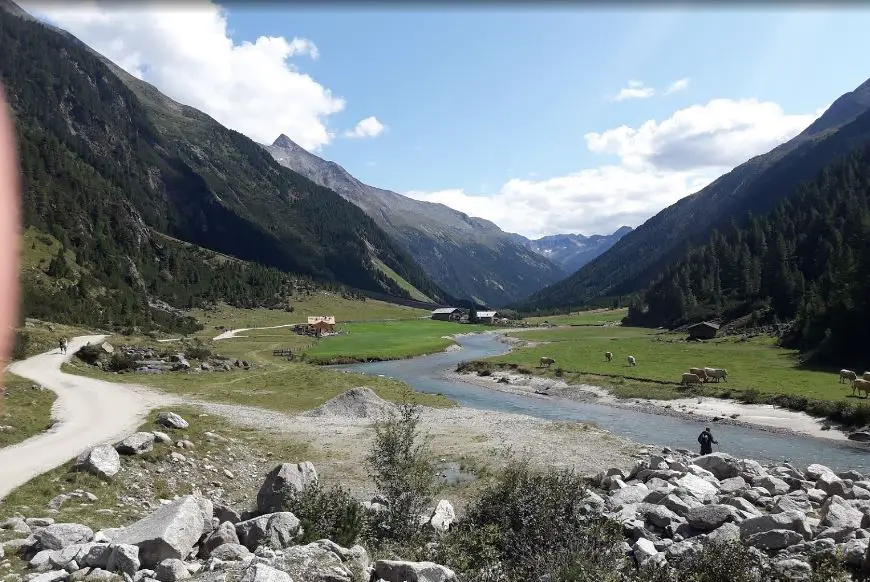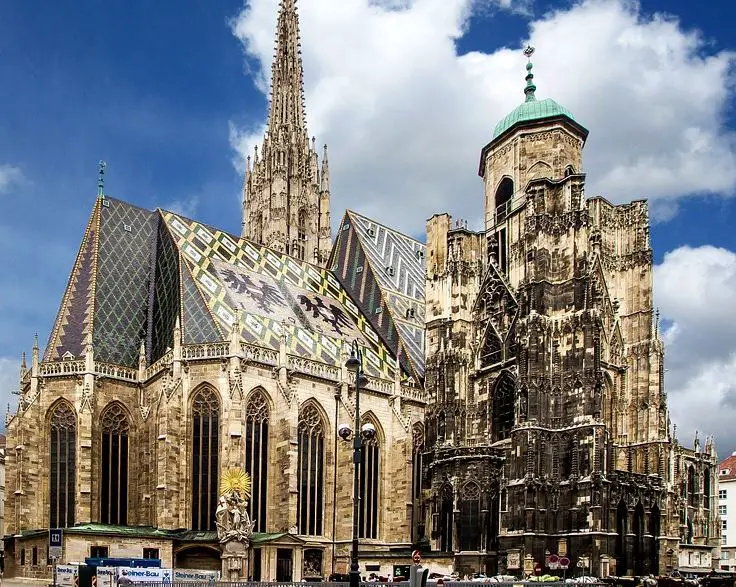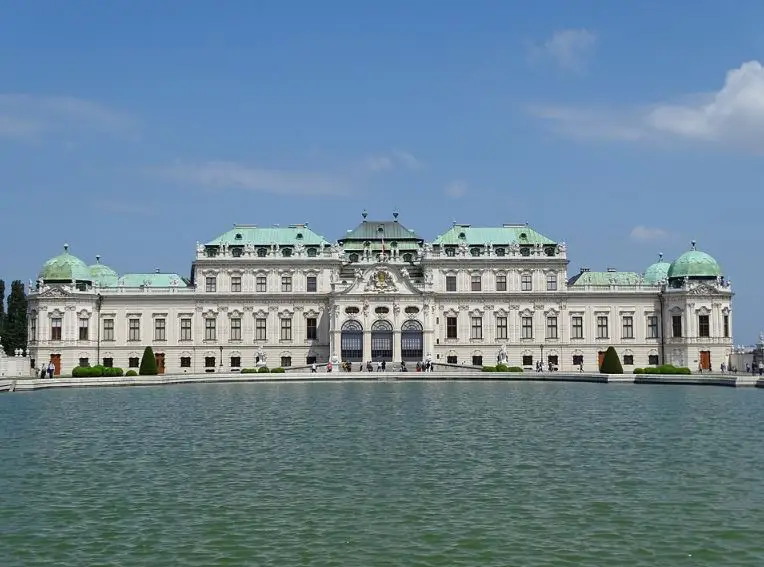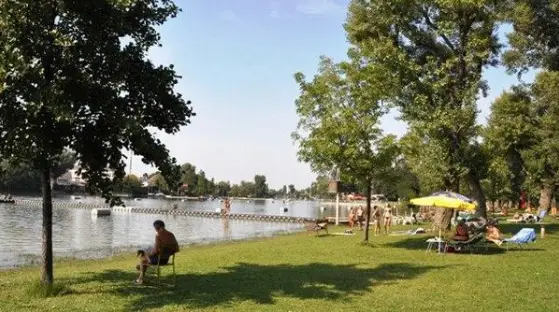What is the history behind Germany's historic opera houses and concert halls?
Post ByAdequate Travel
Summary
Germany has long been known as a center of artistic and musical excellence, with its many iconic opera houses and concert halls serving as beacons of culture and art for centuries. In this blog post, we will explore the history behind Germany’s historic opera houses and concert halls – examining the stories behind their origins, the traditions they have upheld, and their importance in both German and world culture.The History of Germany's Historic Opera Houses and Concert Halls
Germany boasts a rich and vibrant history when it comes to opera houses and concert halls. These architectural gems have played a crucial role in shaping the country's cultural identity and continue to thrive as hubs of artistic expression. Let's delve into the historical background of some of Germany's renowned establishments:
1. Bayreuth Festspielhaus
The Bayreuth Festspielhaus holds a special place in German opera history. Built by Richard Wagner specifically for the performance of his own works, it opened in 1876. This iconic theater showcases Wagner's operatic masterpieces such as "Tristan und Isolde" and "Parsifal." Widely recognized for its exceptional acoustics and innovative stage design, the Bayreuth Festspielhaus remains one of the most highly regarded opera houses in the world.
2. Berlin State Opera
The Berlin State Opera, originally called the Royal Court Opera, has a storied past dating back to the 18th century. It was established in 1742 and quickly became a hub for opera enthusiasts. Throughout its existence, this opera house underwent several renovations and reconstructions, particularly after being severely damaged during World War II. Today, it serves as an important venue for both opera and ballet performances, showcasing a diverse repertoire.
3. Gewandhaus Leipzig
The Gewandhaus Leipzig, in Leipzig, is renowned for its history and groundbreaking contributions to classical music. Dating back to 1781, it is one of the oldest concert halls in Germany. It has been the home of the Leipzig Gewandhaus Orchestra since its formation in 1743, making it one of the longest-standing orchestras globally. Many influential composers, including Ludwig van Beethoven and Richard Strauss, have conducted their works within the Gewandhaus.
4. Semperoper Dresden
The Semperoper in Dresden holds a prominent position in German opera history. Constructed in the mid-19th century, it showcases exquisite architecture and hosts a range of opera and ballet performances. Despite being destroyed multiple times throughout history, the Semperoper was meticulously rebuilt to restore its grandeur. It remains a symbol of resilience and artistic excellence, attracting audiences from around the world.
5. Elbphilharmonie Hamburg
The Elbphilharmonie in Hamburg is a modern addition to Germany's illustrious concert hall scene. Designed by Pritzker Prize-winning architects Herzog & de Meuron, it opened its doors in 2017. This architectural marvel, with its innovative design and state-of-the-art acoustics, has quickly become an iconic symbol of Hamburg. Known for its exceptional sound quality, the Elbphilharmonie hosts a variety of performances, ranging from classical orchestral concerts to contemporary music.
These are just a few examples of Germany's historic opera houses and concert halls. Each establishment carries a unique legacy, contributing to the rich tapestry of Germany's cultural heritage. Whether they have withstood the test of time or emerged as modern masterpieces, these venues continue to captivate audiences and celebrate the beauty of music and performance.Before embarking on your journey to germany, make sure to check the latest travel guidelines and entry requirements to ensure a smooth tripSuggested Questions
- Schloss Friedrichstein, Bad Wildungen: Horror Story, History & Paranomial Activities
- Hexentanzplatz, Thale: Horror Story, History & Paranomial Activities
- Hotel Vier Jahreszeiten Kempinski, Munich: Horror Story, History & Paranomial Activities
- Schloss Löwenstein, Kleinheubach: Horror Story, History & Paranomial Activities
- Weesenstein Castle, Müglitztal: Horror Story, History & Paranomial Activities
- Burg Satzvey, Mechernich: Horror Story, History & Paranomial Activities











